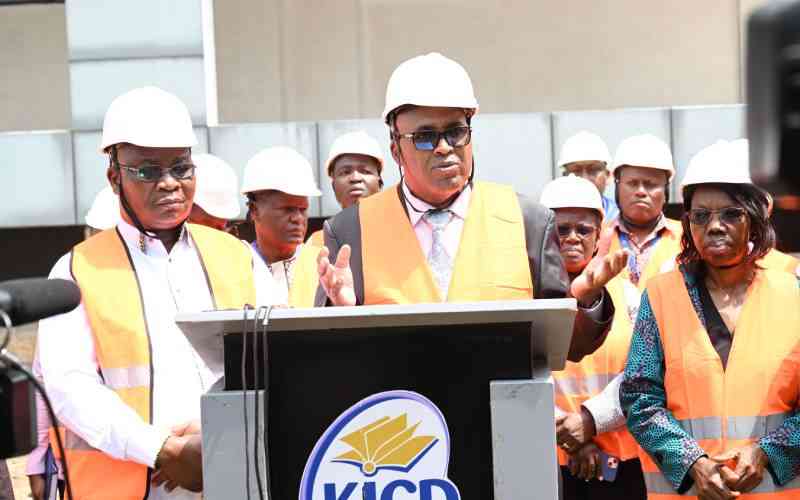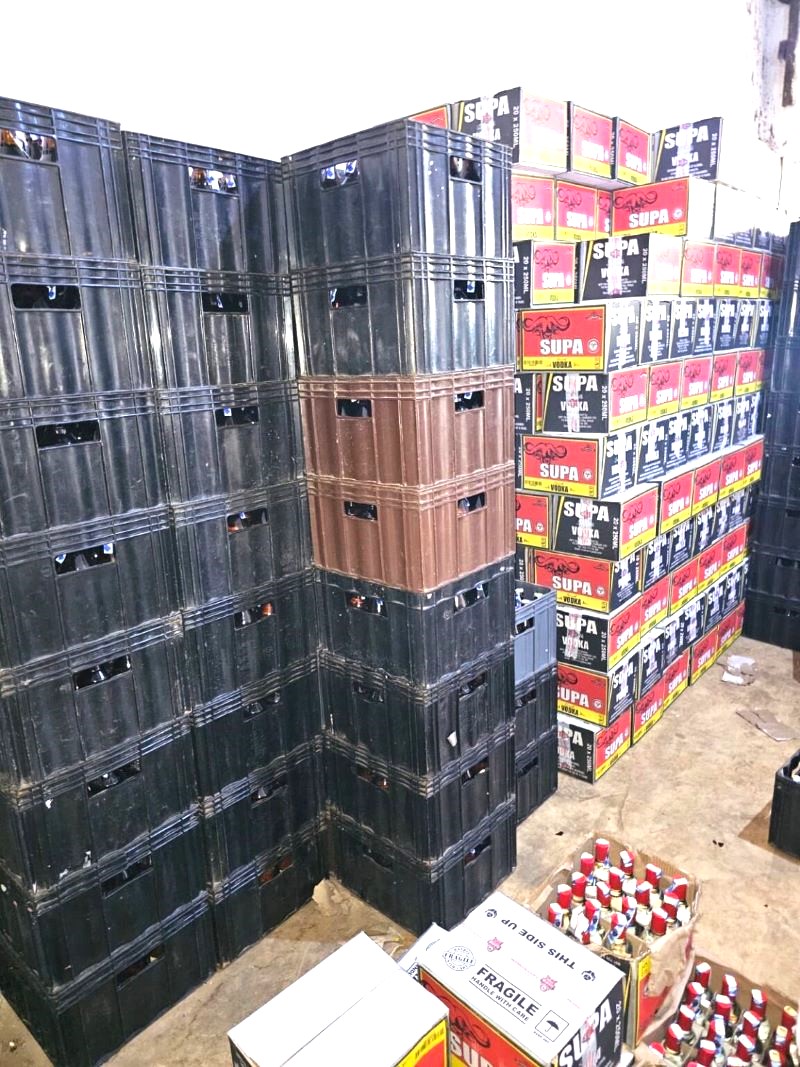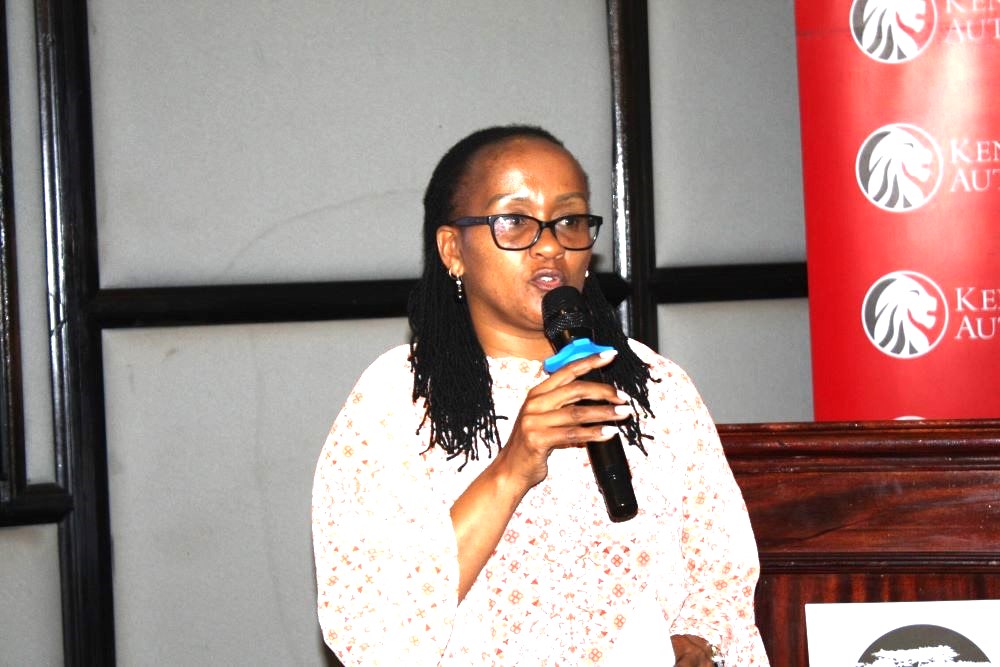The government is planning to use simulations to deliver practical-oriented courses under the Competency-Based Curriculum (CBC), as the system prepares to roll out in senior secondary schools in January 2026.
Curriculum experts say simulation and modeling will be crucial in teaching subjects such as Aviation and Marine and Fisheries Technology.
Kenya Institute of Curriculum Development (KICD) chairman Simon Gicharu said on Friday that technology now makes it possible to offer high-cost, infrastructure-intensive subjects even in under-resourced schools.
Speaking during the launch of the second phase of KICD Educational Resource Centre, he said simulations are part of a broader move to align education outcomes with 21st-century skills and real-world demands—without placing undue strain on the infrastructure of learning institutions.
ALSO READ:
Deputy Auditor General urges school bursars, clerks to uphold financial integrity and accountability
Previously, stakeholders have expressed concerns about the feasibility of implementing certain subjects, particularly in public day secondary schools.
However, curriculum developers have clarified that schools will not be required to acquire actual aircraft or ships to teach these courses.
Instead, learners will use advanced simulations to grasp practical concepts without incurring unsustainable costs.
“The simulations go a long way in disabusing the notion that a school must have a decommissioned aircraft or ship for it to administer these two learning areas,” Gicharu said.
ALSO READ:
Principals pushes for an extra job group from the current D5, school fees review
Gicharu said the resource centre will provide space for curriculum specialists to conduct experiments, test ideas and simulate real-world models is central to CBC’s long-term success.
The ongoing construction—currently at 70 percent completion for Phase One—is intended to support curriculum research and development in science, technology, and innovation.
“The project was envisioned to compose six phases, the pace of construction has been dependent on resource allocation by the National Treasury from one financial year to the other,” he added.
Meanwhile, the Ministry has also outlined changes in how Mathematics will be taught under the new senior school structure.
By Brian Ndigo
You can also follow our social media pages on Twitter: Education News KE and Facebook: Education News Newspaper for timely updates.
>>> Click here to stay up-to-date with trending regional stories
>>> Click here to read more informed opinions on the country’s education landscape






